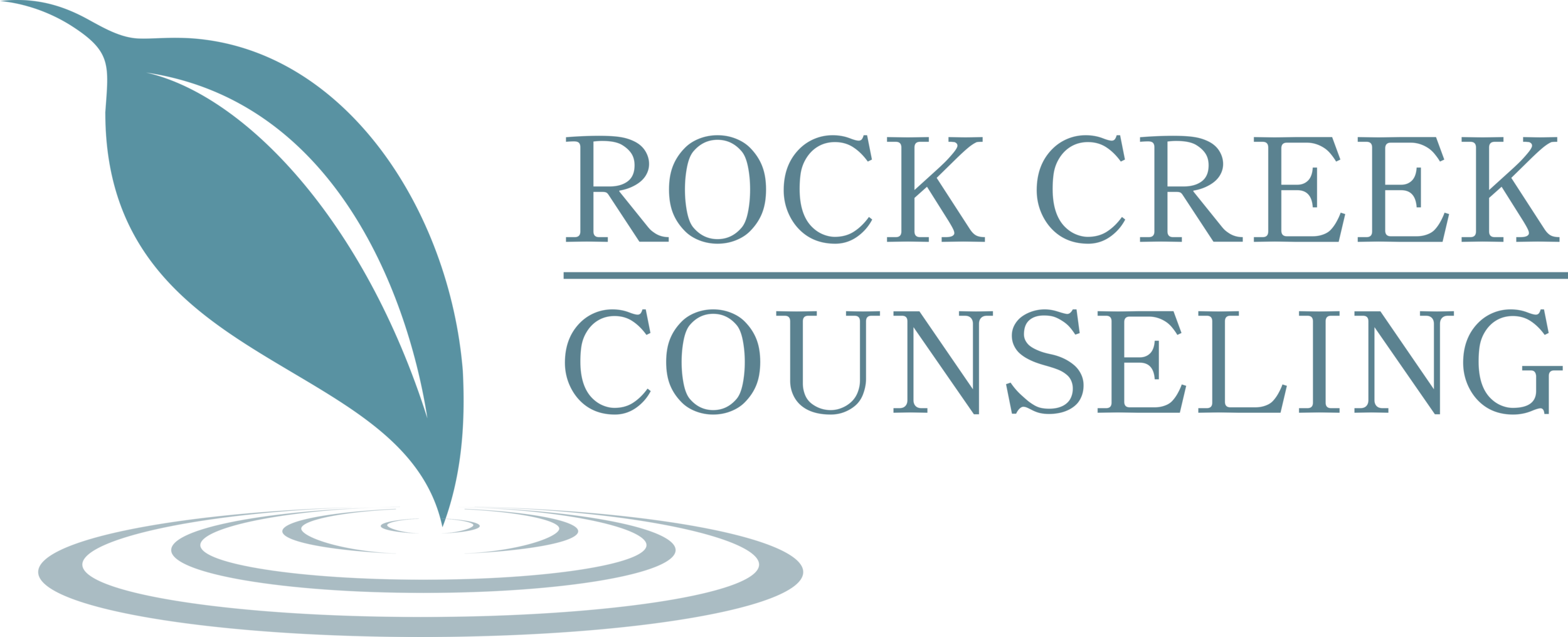Learning to Listen to Your Intuition
It’s a gentle nudging, a gut feeling, a steady ‘knowing’ about something. Intuition defies logic and simply doesn’t make sense much of the time, which leads us to rightly question its validity.
But listening to your intuition is, as Albert Einstein put it, “a sacred gift,” something to not just honor but pursue and seek out. Our intuition is a gateway to deeper creativity, richer self-expression, better decision-making, enhanced self-awareness, improved mental health, and even fortified physical wellbeing.
What is your intuition, really?
Intuition refers to our ability to make “gut” and somewhat immediate decisions without deliberating or using and applying analytical reasoning. Sometimes, intuition defies logic and goes against our “better judgment.”
Intuition is often talked about as existing on two planes - there’s the day-to-day intuition we often follow in daily interactions, “grande or venti? Ice, no ice? Red shirt or plaid shirt?” This level of intuition is powerful because it’s a small window into who we are and what we want.
The second plane on which intuition exists is a deeper one. This is knowing something when you don’t have analytical, hard proof. It’s just knowing something is happening, or that you should do something, without physical proof you’re right.
Intuition isn’t just “made-up” feelings, it’s based on neurochemicals fired when our brain subconsciously senses patterns. It draws on our memory archives, comparing what we see, feel, and experience now with what we have seen, felt, and experienced in the past. It nudges us to take action toward what we want to see, hear and experience.
Albert Einstein once noted, ‘intuition is nothing but the outcome of earlier intellectual experience’ and psychologist Herbert A. Simon stated that intuition was ‘nothing more and nothing less than recognition’.
Researchers at Leeds University have even concluded through extensive research that intuition is a real psychological process in which the brain makes a decision using past experiences and cues derived from your environment and within. It just happens so quickly it feels like a “gut reaction.”
Is my intuition speaking to me?
How do you know when your intuition is prodding you forward - to make a move, a decision, or to take action? Here are some signs your intuition is speaking:
You feel you have more clarity and peace when you’re able to slow down and step away from the pressing situation or decision. This means your intuition has come to a conclusion, but stimulating your brain with continued input and information is clouding your interpretation. Step back, listen.
You have recurring thoughts and feelings that “just won’t go away,” or you are drawn to something again and again. Your intuition is leading you, prompting you, it’s time to listen.
You feel confident in a decision without logical proof it will be okay. Go with your “gut” on this one!
You feel uneasy about a situation or decision without explanation or proof. Your intuition is making you feel uncomfortable for a reason - what is it?
Your intuition is a powerful tool, when you listen to it and give it credit. Remember, it’s not just a feeling - your brain is processing input and filtering it through millions of past experiences and cues to deliver intuition as information.
How do I listen to my intuition?
As with any skill, listening to your intuition takes practice and intentionality. The great thing is, listening to your intuition is a skill that can be practiced and refined over time. Here are a few steps you can take to begin practicing:
Practice stepping back and away from situations that feel overwhelming. Don’t press yourself to make a decision in the moment - take a step back to listen, observe, and get in touch with your intuition.
Find blank space, not just in moments you need peace but as a daily practice. Train your brain to be in the habit of carving out blank, healing space daily. And when you do, listen.
Journal or meditate. In those moments of stillness and silence, reflect on your own thoughts and see what patterns emerge.
If in a period of indecision, walk through your options in your mind and monitor your bodily and emotional reactions as you imagine them.
Explore a memory of a time you made a great decision that turned out unexpectedly well - what did you feel? Now, explore a memory of a time you made a decision that had unexpectedly poor results - how did you feel? Now, compare those two memories with your current experience
And lastly, a great way to learn to listen, observe, and follow your intuition is to speak with a trusted counselor and therapist. An experienced counselor can ask you the right questions to prompt revelations from your intuition that you can observe, reflect, and follow.
